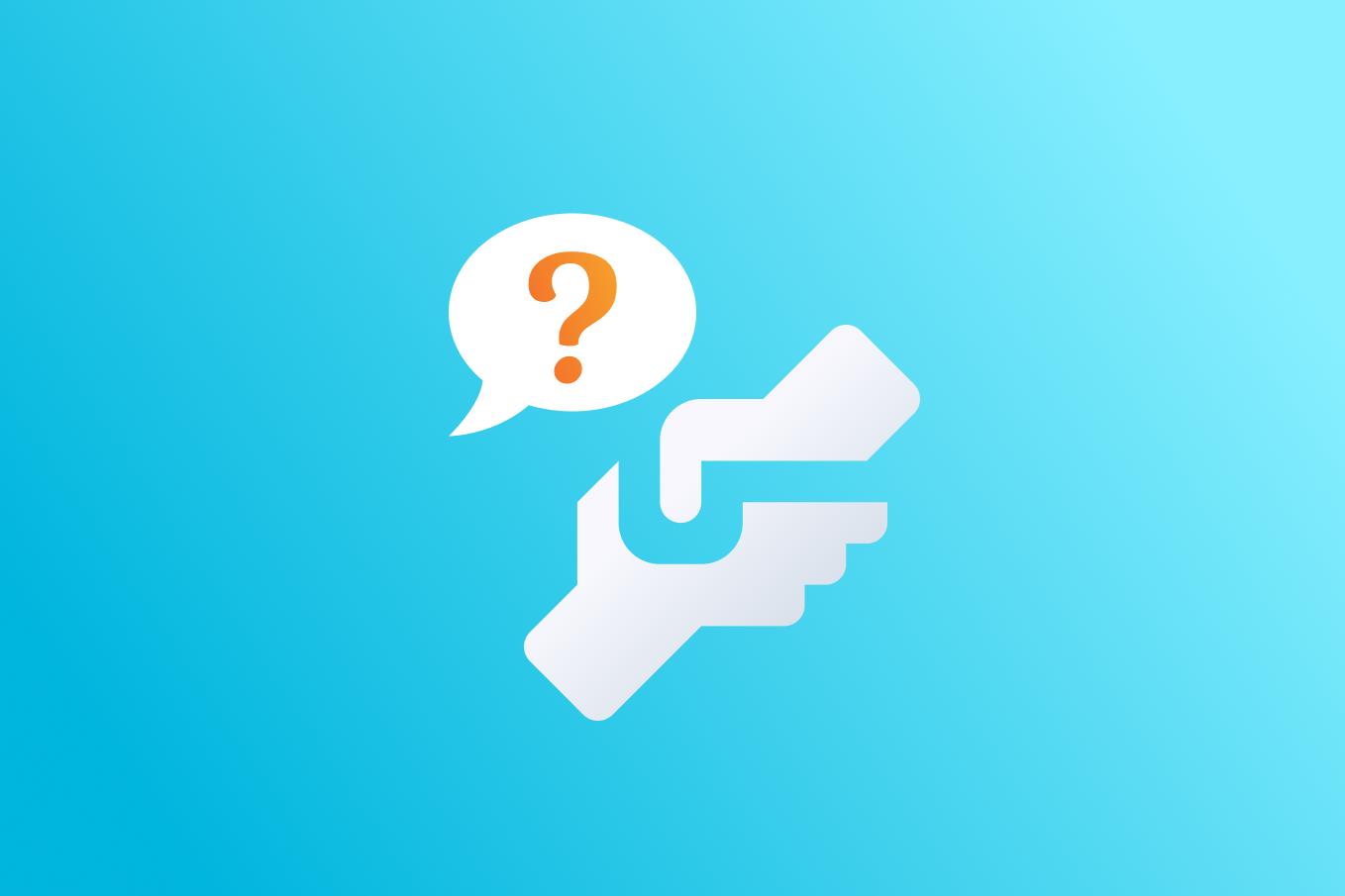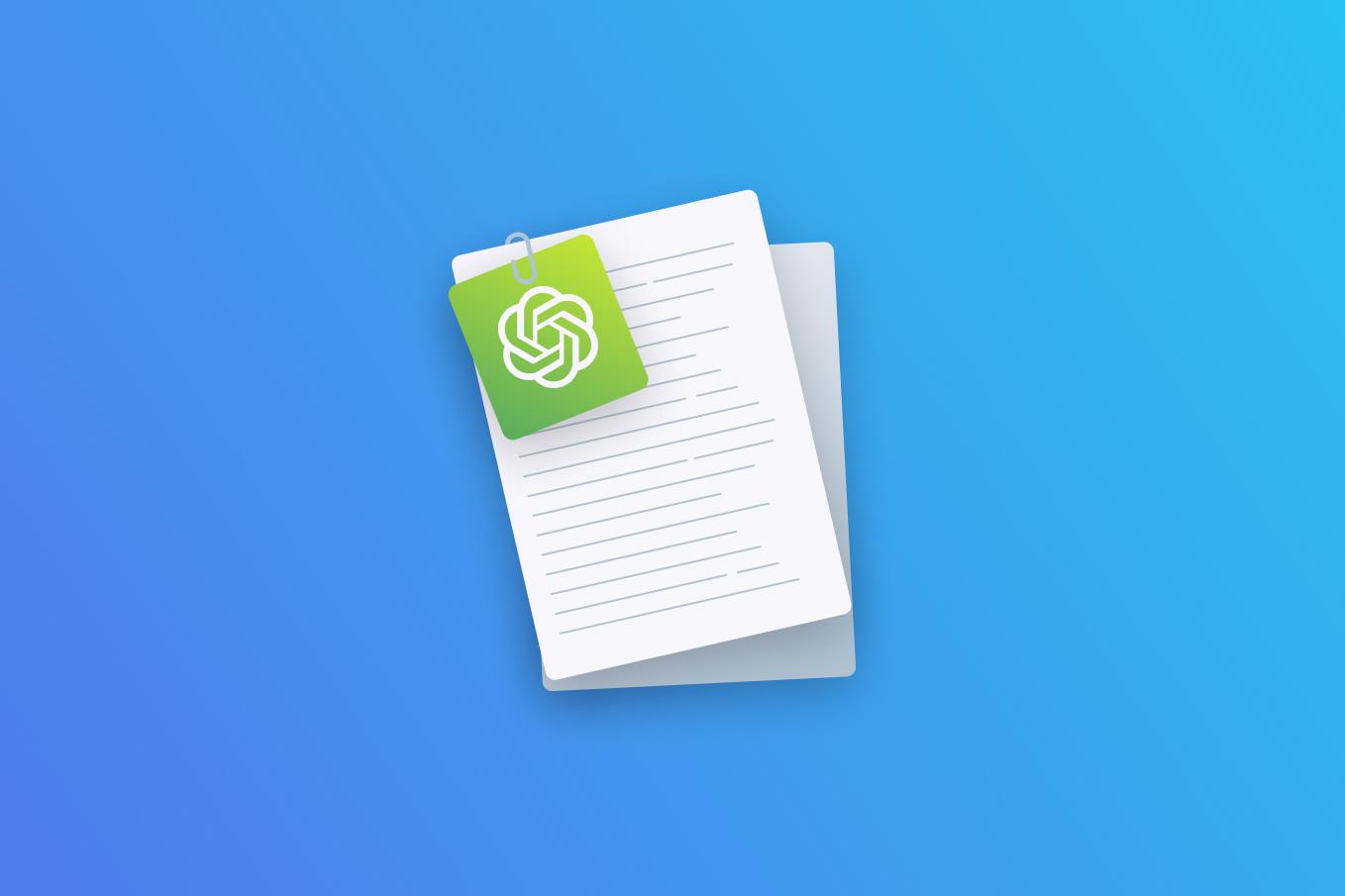So, what exactly can it do? We'll explain the key points you need to know about the latest achievement of artificial intelligence researchers, as well as how to use this tool effectively in education.
What is ChatGPT, and how to use this technology?
Although it may feel like ChatGPT has been around for ages, it only seems so. This tool was first released in December 2022. It went largely unnoticed by the general public until the tech giants like Bing, Discord, and Snapchat began incorporating the latest AI advancements into their products.
Unexpectedly, new Bing downloads jumped tenfold, indicating a demand for similar features in existing tools. And that is when the frenzy started.
The New York Times, Forbes, and Harvard Business Reviews have a good reason to write about ChatGPT. This AI-powered chatbot demonstrates the benefits of modern technology and its practical application in everyday life. It explains complex concepts in easy-to-understand language, solves math problems, generates code, and even creates websites, all free of charge.
However, many people are unaware of the benefits they can obtain by spending a little time getting to know the extensive functionality of the bot. We've done the legwork for you and created a guide on how to use the chat with some sample requests.
Explain it to me
As an EPAM student, you will eventually encounter some subjects you cannot grasp no matter what you do. Such problems typically arise when new information you face conflicts with the information you already know. That leads to more questions and contradictions: something fundamentally incomprehensible about the topic prevents you from processing it and progressing.
Naturally, asking your mentor or searching for an answer on developer forums like StackOverflow or Quora is a better solution. But if you're short on time, you may consider a faster option — ask ChatGPT for help.
Examples of how to address the chat:
- Explain the difference between recursive and iterative algorithms.
- Give an example of problem analysis and selecting the optimal algorithm.
- I'm learning Java. When should I use inheritance versus composition?
- I don't understand why C# needs a reference type. Isn't it easier to use value everywhere?
Assess my knowledge
ChatGPT can make getting ready for a technical interview or an important test more interactive. Just ask it to carry out a mock interview for you. That way, you'd be able to identify gaps in your knowledge and practice logically expressing your thoughts.
Examples of chat requests:
- Imagine you are a Senior .NET Developer conducting a technical interview with me for a Junior position. Ask me about the main concepts of the language and give generalized feedback afterward.
- What UX/UI design principles do I need to know to pass an interview for a Junior position?
- Do I understand correctly there is no automatic garbage collection in C++, and you can only use the free() function instead?
- Compile a .NET basics test for me and rate my answers on a 10-point scale.
Give me advice on where to start
If you've just started learning a new technology, you might feel overwhelmed by the sheer amount of information on the topic. Our Roadmap series by EPAM experts (Java and .NET) or a relevant chatbot request may help you navigate it.
Some sample requests you can feed to the chat:
- What are the best free courses for Front-End developers you know?
- Create a month-long training plan to prepare for AWS Cloud Practitioner certification.
- What are the initial topics I should focus on when learning JavaScript?
Help me understand the code
Since ChatGPT understands both human and machine language, it can solve coding problems and analyze your solutions. It can assist with tasks in Python, C#, or even more specialized languages like F#, Rust, and Erlang. ChatGPT provides unique solutions that are not readily available on Google, making it an invaluable tool for developers.
Here are a few ideas of what you can ask to do with the code:
- Why isn't my code working?
- Here's my code. How can I make it faster?
- I have a dictionary of values from two fields read from the database: a string field and a numeric field. The string field is unique, meaning it is a dictionary key. How to sort the table by numeric field? Write a solution in Python.
- Offer a simple and complex solution to this problem.
Make my life easier
Covering code with tests, writing comments for others dealing with your code later, and other tasks are all part of working with code. You can delegate some of those tasks to ChatGPT, provided you check the obtained results thoroughly:
- Write comments on the code.
- Create documentation for the code.
- Write a unit test for this module.
Help me master the English language
Given that English is ChatGPT's primary language, the AI can serve as a language coach to analyze and improve your texts. It will clarify the nuances of using synonyms, help with word translation based on context, check grammar, and correct mistakes. Additionally, it can explain when to use specific grammar rules and offer tests to reinforce your learning. You can ask the chat to:
- Analyze my text for grammatical, lexical, punctuation, and stylistic errors.
- Help shorten and improve this text.
- Explain why I should use Past Perfect here instead of Past Simple.
Solve it
ChatGPT is quite adept not only at understanding programming languages but also at solving mathematical problems or suggesting answers to theoretical questions:
- What formula should I use to calculate confidence intervals for a normal distribution?
- Find the solution to the logic problem: Eight brothers live in an old house without electricity and computers...
Why is ChatGPT NOT a universal assistant?
We don't want to throw cold water on your enthusiasm, but we believe relying on ChatGPT too heavily will be more detrimental than helpful. Without challenging yourself, you impede your progress; without putting in the effort, straining your brain even, you won't fully grasp the topic. When you've exhausted all options trying to handle a task on your own, it is okay to ask for help. However, you should be honest with yourself and distinguish if the situation warrants using the chat.
Additionally, keep in mind a few significant restrictions:
- ChatGPT's responses may be untruthful. While the chat is a sophisticated language model, it may occasionally provide inaccurate or false information as it only recognizes the text without fully comprehending its context. Make it a rule to verify any information the AI has generated from reliable sources, especially when requesting information in Ukrainian. We've noticed that ChatGPT repeatedly fabricates people, places, and circumstances when it is uncertain of the correct answer. Cross-check the information with Google, or communicate with the chat in English (but don’t forget to verify its responses).
- The chat’s understanding of the situation in the world is limited to 2021. It won't be able to tell you the weather in London tomorrow or the top 10 best restaurants in the area, and the same goes for the latest JavaScript frameworks. Consider this when asking about new features in Python 3.11.
What's our verdict on ChatGPT? It is probably the most significant advancement in the tech world in recent years, particularly when it comes to its impact on the lives of ordinary non-tech people. With its exceptionally wide range of applications, the chatbot makes an excellent assistant for EPAM training program participants. Use it wisely or, even better, enroll in our programs and study hard to join the GPT-4 development team eventually;)


_05164151.png)



_05330644.png)
_05521451.png)
